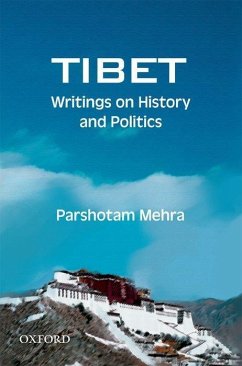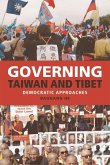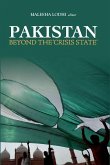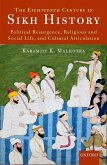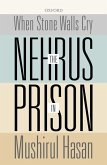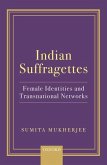Drawing from a wide range of scholarship from mid-nineteenth to early twentieth century, this book looks at the history and politics of Tibet from a fresh perspective. Addressing the current debates on Tibet with intense academic rigor, Parshotam Mehra is able to focus on the issues of autonomy, the exodus of Tibetan refugees both to India and across the globe, human rights, and India's role vis-a-vis Tibet. He juxtaposes contemporary literature on Tibet against analyses of its history and politics and examines both the institutions of the Dalai Lama and Panchen Lama as well as Tibet's ties with Imperial China, Communist China, the former British rulers of India, and the Tsars of Russia. In doing so, Mehra uncovers the various complexities of the current debates on Tibet. This volume is crucial as it boldly takes up the question of Tibetan sovereignty and the possible direction of conflict resolution in this disputed land.
Bitte wählen Sie Ihr Anliegen aus.
Rechnungen
Retourenschein anfordern
Bestellstatus
Storno

